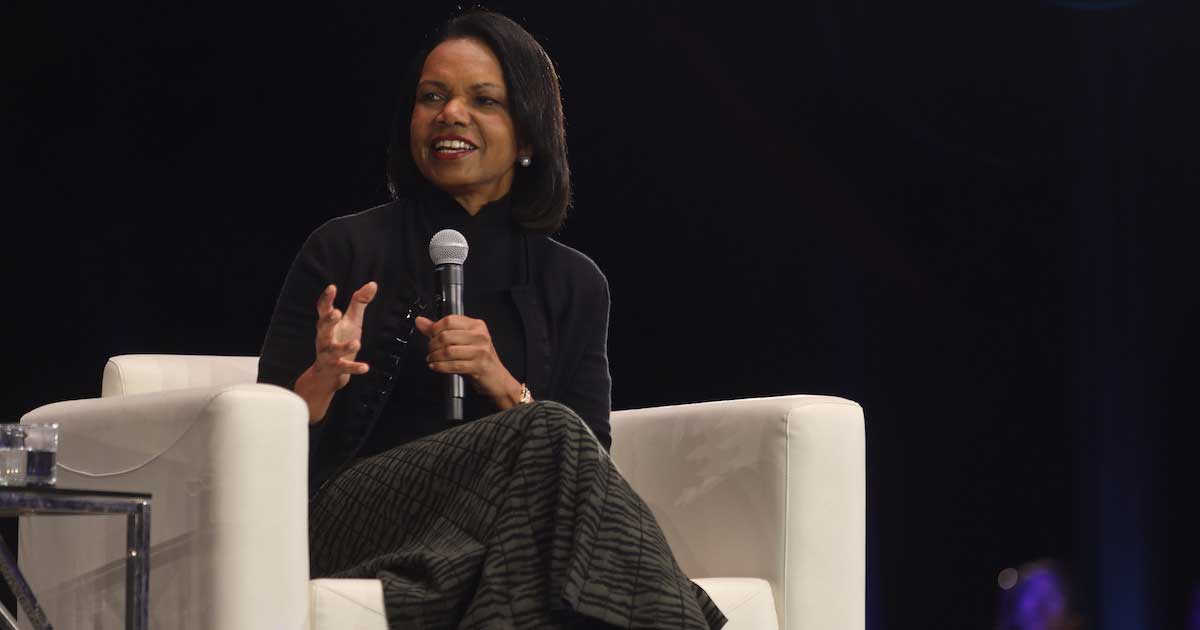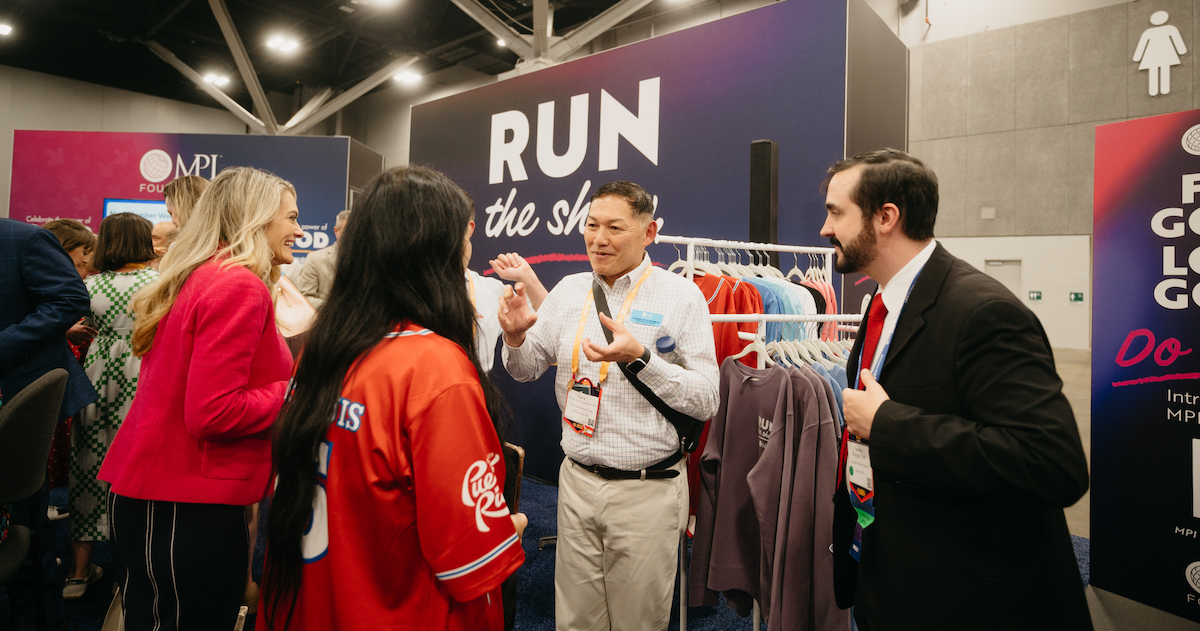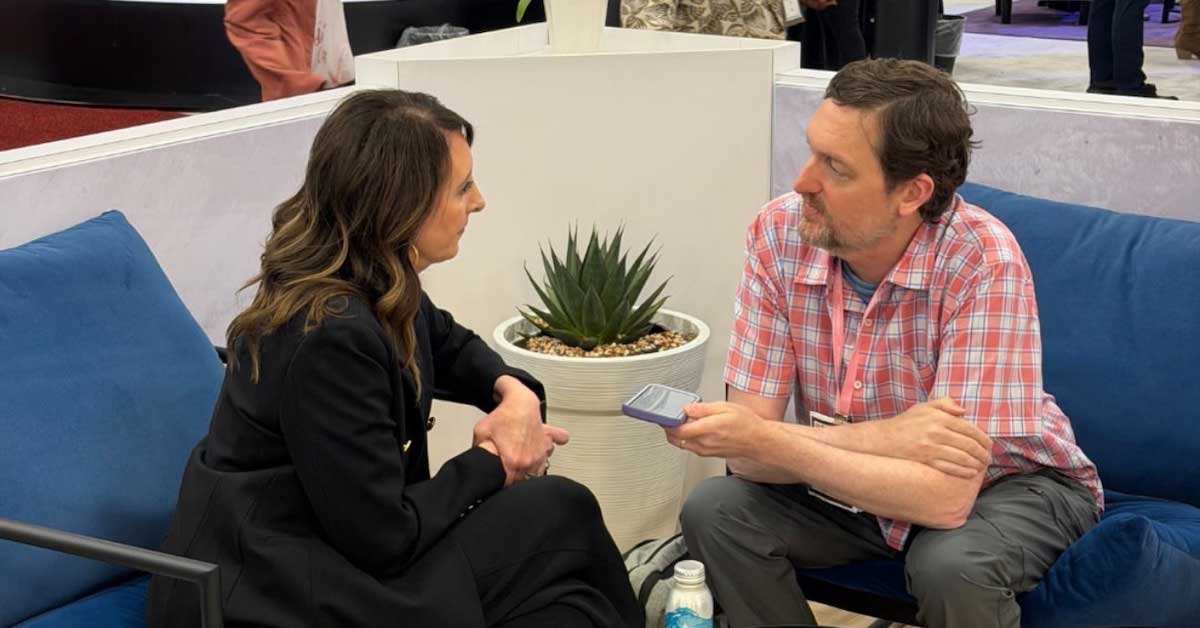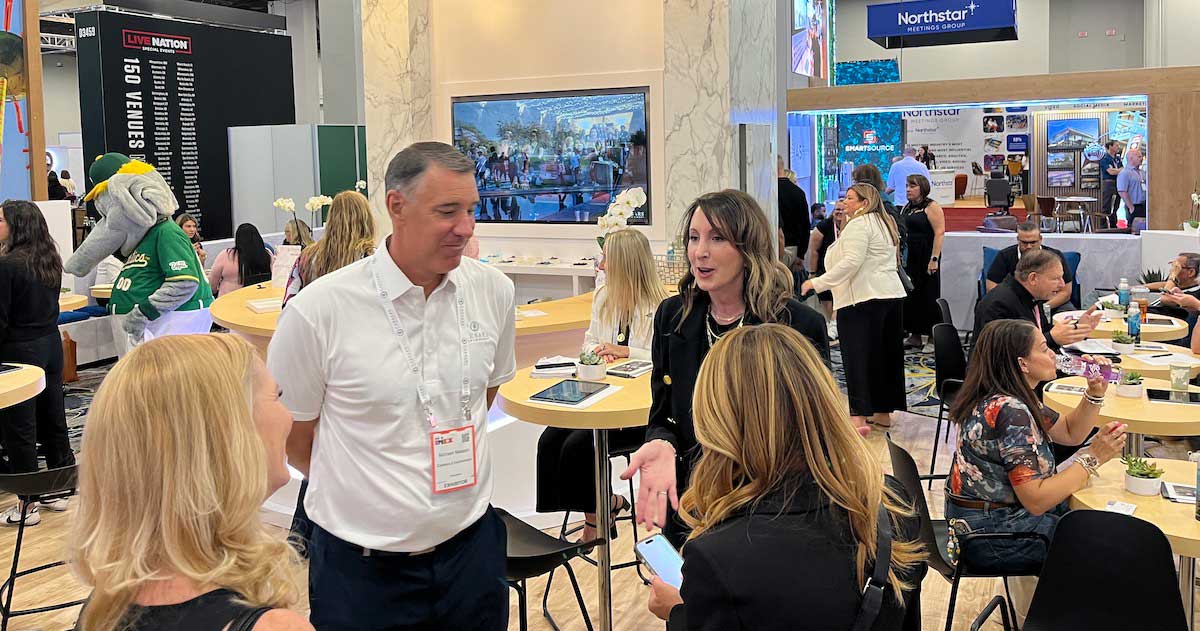Condoleezza Rice has lived through adversity on her journey from a segregated childhood in the south to the international stage as U.S. secretary of state.
The current state of affairs in the U.S., she says, is a challenging time as well.
“I know it’s a tough time right now,” Rice, an admitted eternal optimist, said Wednesday during the closing session at PCMA Convening Leaders at the Moscone Center in San Francisco. “We’ve all been through tougher. We need to keep our perspective. We can get through difficult times—it just doesn’t happen magically. There’s something each of you can personally do. Don’t look to Sacramento (California’s state capital) or Washington, D.C. Look at what each and every one of you can do.”
Rice, who became the second woman and first African-American woman to hold the post of secretary of state (2005-2009) under President George W. Bush, is currently the Denning Professor in Global Business and the Economy at the Stanford Graduate School of Business; the Thomas and Barbara Stephenson Senior Fellow on Public Policy at the Hoover Institution; and a professor of political science at Stanford University.
Rice was on stage for more than an hour Wednesday with moderator Holly Ransom, CEO of Emergent, which specializes in disruptive strategy and building the capacity of leaders to execute change.
Rice said the U.S. has overcome many challenges in its history, from the smallpox infection rate that nearly decimated George Washington’s troops in the battle for independence to the Civil War to the devastation of 9/11—a time at which Rice served as assistant to the president for national security affairs under Bush.
She remembers a portrait of President Abraham Lincoln in the background when she was being sworn in as secretary of state. The oath was administered by Ruth Bader Ginsburg, associate justice of the Supreme Court, who is Jewish.
“I wonder what Lincoln would have thought about all that,” Rice said.
Rice shared with the audience her story, from growing up in segregated Birmingham, Ala., where she rarely encountered white people, to living in Denver, where she rarely encountered other African Americans.
“I feel increasingly fortunate that I grew up in Birmingham when I did,” she said. “I had a loving family who made it clear the most important things for me were faith, family and education. My parents were determined that I might not be able to eat a the Woolworth’s counter, but I could be president of the United States.”
Rice remembers a white classmate in Denver who did not want to sit near her. Her father, a football coach, said that was OK “as long as they moved, and I didn’t have to. Their prejudice was their problem, not mine.”
Rice’s path has been well documented. She was an aspiring pianist—she would later share a stage with famed cellist Yo-Yo Ma—and figure skater who would eventually tell her parents while in college that she wasn’t sure what she wanted to do.
“I told them it was my life,” she said. “They told me it was their money so find a major.”
Rice ended up in a political science class at the University of Denver taught by Josef Korbel, the father of Madeleine Albright, who served as secretary of state under President Bill Clinton. Korbel would become Rice’s mentor.
“I knew what I wanted to do,” she said, embarking on a career that would lead to the White House and the world stage.
Rice encouraged audience members to find mentors who encouraged them to follow their passion. One of her other mentors was Brent Scowcroft, former U.S. national security advisor.
“Look for mentors who will see you and believe in you,” she said.
Rice was among the first to notify President Bush when the first plane crashed into the World Trade Center on 9/11 and was involved with the strategic and day-to-day aspects of the U.S. reaction.
“Everything was so disoriented,” she said. “There really were no internal security systems, no interior ministry that would eventually become Homeland Security. The FBI and the CIA weren’t talking to each other.
“But you get innovation when you become willing to take risks and sometimes you have to look at the ugliest of circumstances and take it on,” Rice said. “Decision making is always hard and when you’re under pressure you have to keep your wits about you and trust yourself to make a decision. Not making a decision is a decision.”
She believes much of the current state of affairs related to the U.S. on the global stage is the result of “our own expense,” in particular the country’s long-time policy of engagement in a range of international affairs
“There is a bit of exhaustion…let someone else do it,” she said. She called the 2016 election the “do you hear me now” election.
“You’ve got one side blaming the big banks and the other side blaming the immigrants,” Rice said. “There’s the tech companies and the billionaires in China. Capitalism is showing its age.”
Education and job skills are at their most critical point, she said, and human potential is suffering.
“You’ve got third graders who can’t read and 20- and 21-year-olds out of college with no skills,” Rice said. “We all come from different backgrounds, yet we’re united by a creed that no matter where you come from, it’s where you’re going. But I can look at a zip code and know what’s going to happen.”
Rice said she has no desire to seek public office.
“I’ve caught lightning in a bottle, twice,” she said. “I don’t have the DNA to run for office. These people are a different.”
Rice also laughed about rumors that she would like to be commissioner of the National Football League. While she professes a love of sports and touts the values of participating in athletics, she is quite happy in her role as an educator.
“My big concern is finding a way to mobilize human potential,” she said. “I tell business leaders before you automate your workforce, retrain them. People are willing to take risks; they just don’t want to be punished for failing. We need to educate and bring people along.”







